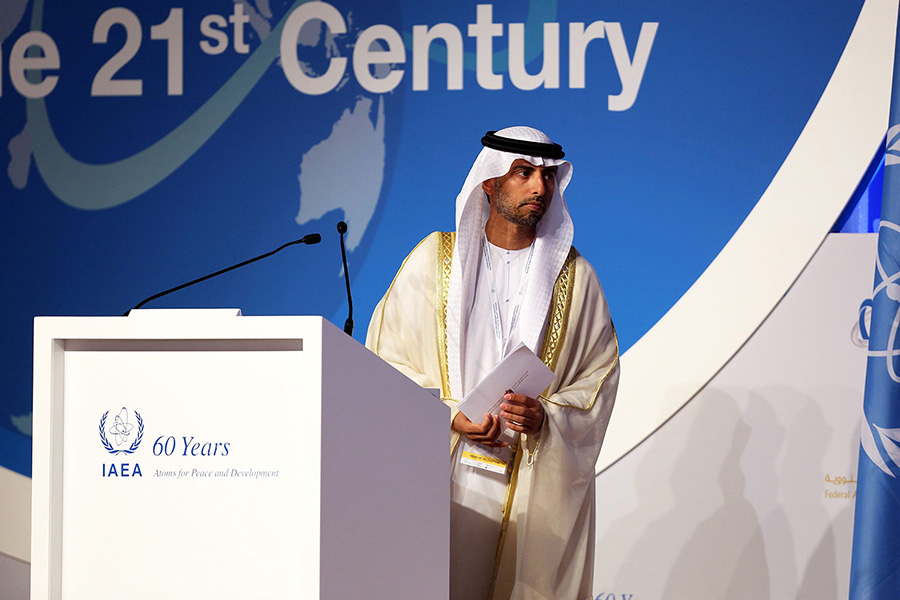"[Arms Control Today] has become indispensable! I think it is the combination of the critical period we are in and the quality of the product. I found myself reading the May issue from cover to cover."
Senators Want Limits in Saudi Nuclear Accord
 The Senate Foreign Relations Committee approved a resolution July 26 calling for any U.S. civilian nuclear cooperation agreement with Saudi Arabia to prohibit the kingdom from enriching uranium or separating plutonium and require it to bring into force an additional protocol to its safeguards agreement. The resolution comes as the Trump administration negotiates a so-called 123 agreement with the Saudis, and it reflects the complications following recent threats by Saudi leaders to seek nuclear weapons if Iran does so. (See ACT, June 2018.) A 123 agreement, named after the relevant section of the 1954 Atomic Energy Act, sets the terms for sharing U.S. nuclear energy technology, equipment, and materials with other countries.
The Senate Foreign Relations Committee approved a resolution July 26 calling for any U.S. civilian nuclear cooperation agreement with Saudi Arabia to prohibit the kingdom from enriching uranium or separating plutonium and require it to bring into force an additional protocol to its safeguards agreement. The resolution comes as the Trump administration negotiates a so-called 123 agreement with the Saudis, and it reflects the complications following recent threats by Saudi leaders to seek nuclear weapons if Iran does so. (See ACT, June 2018.) A 123 agreement, named after the relevant section of the 1954 Atomic Energy Act, sets the terms for sharing U.S. nuclear energy technology, equipment, and materials with other countries.
A key issue is whether the United States will insist that Saudi Arabia agree to forgo making nuclear fuel, as its neighbor the United Arab Emirates did in 2009 to obtain its 123 agreement. To date, Saudi Arabia has resisted the ban and suggested that it seeks to make its own reactor fuel. In addition, Riyadh has neither signed nor ratified an additional protocol, which provides the International Atomic Energy Agency (IAEA) with expanded verification rights. Prospects for consideration of the resolution by the full Senate are uncertain.—MONICA MONTGOMERY
